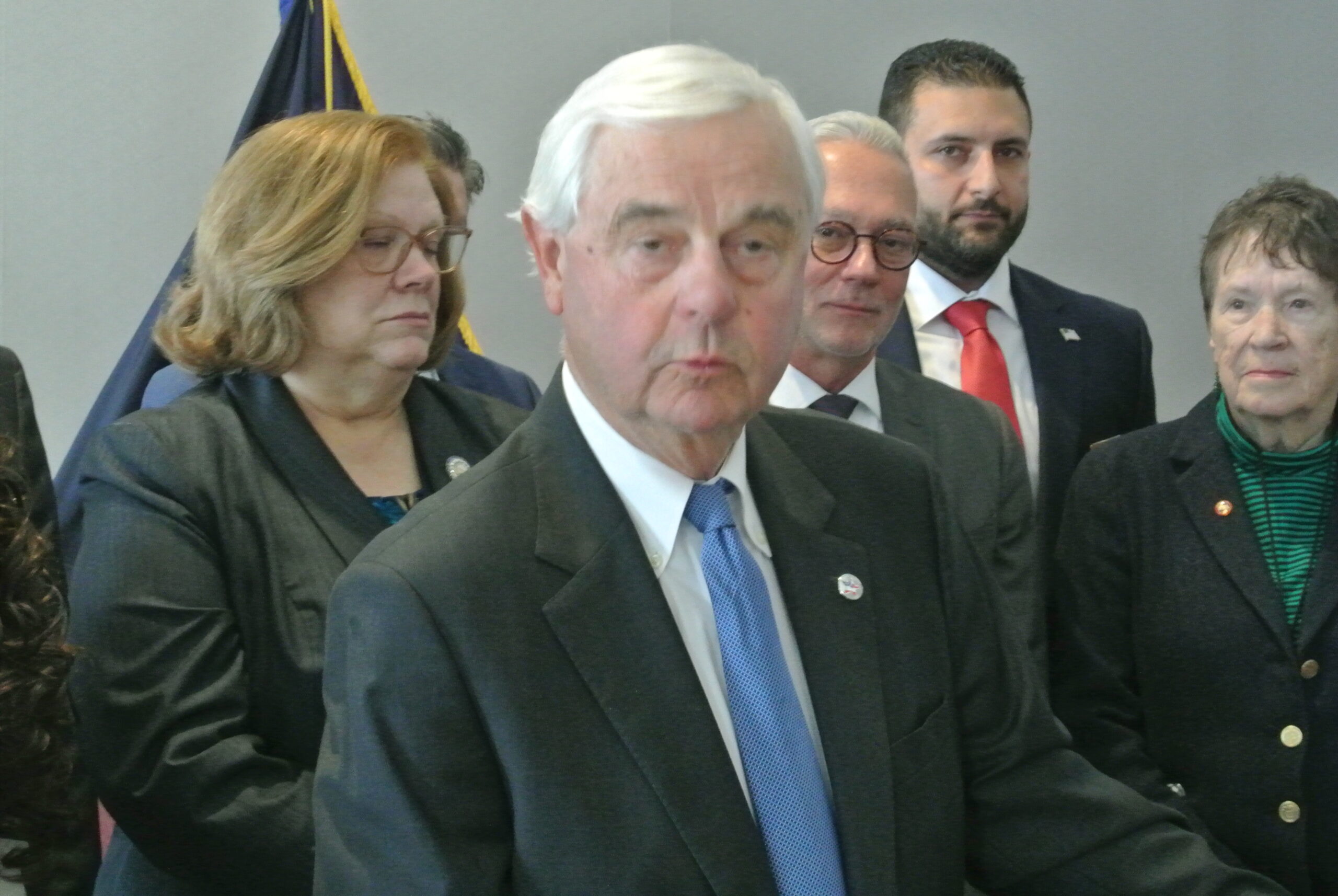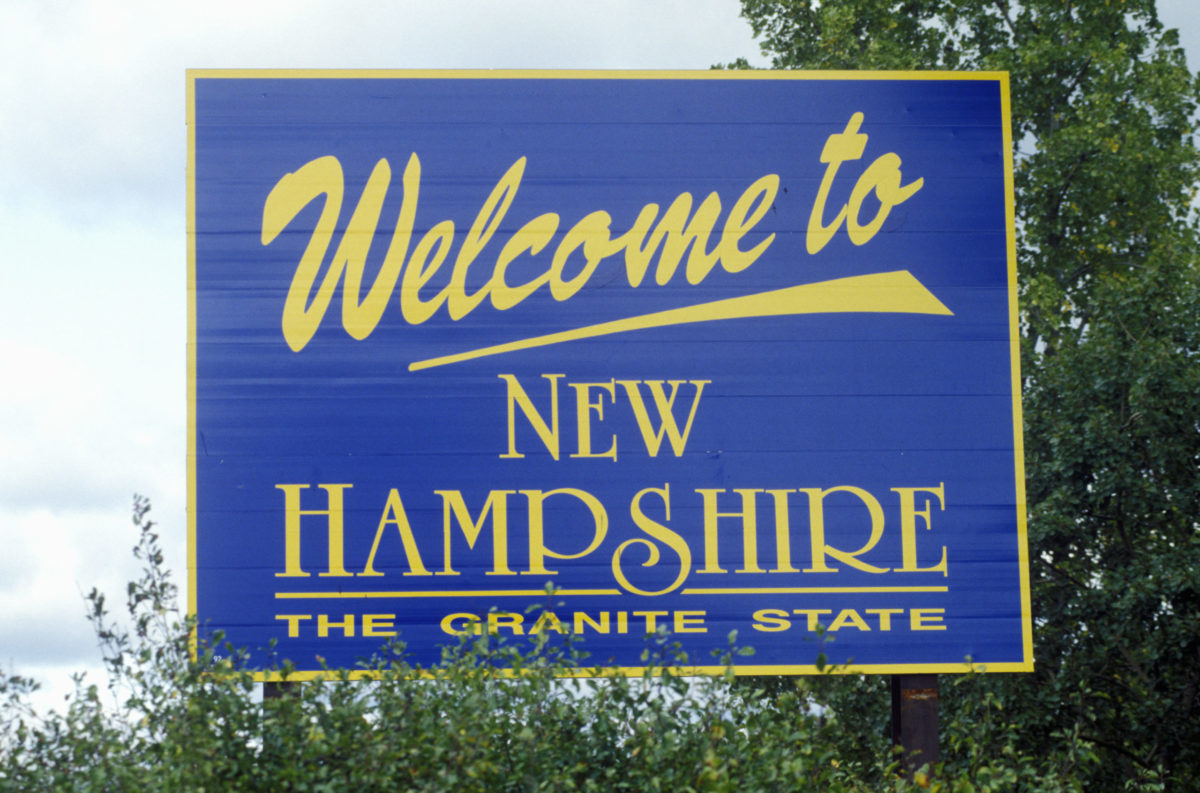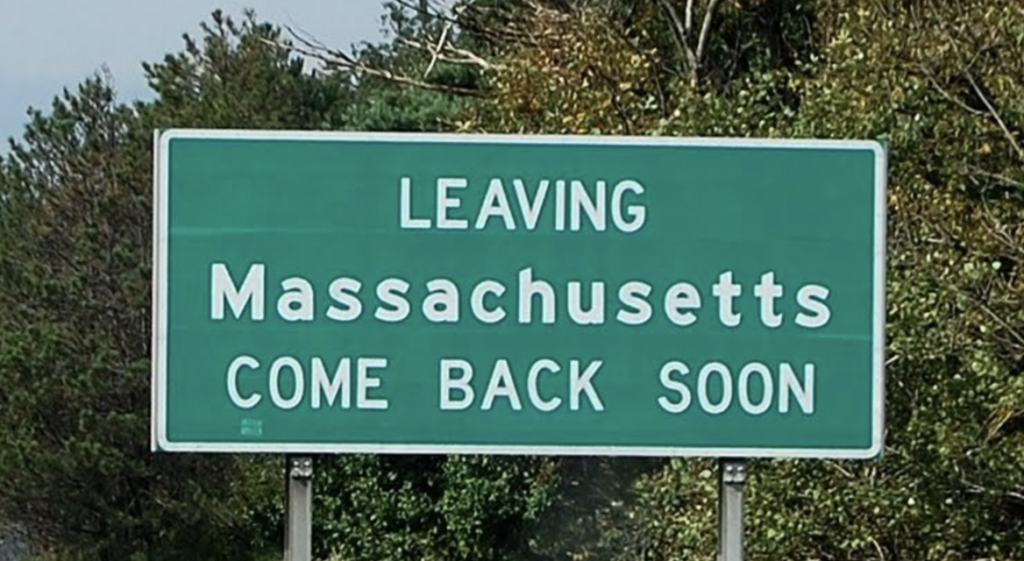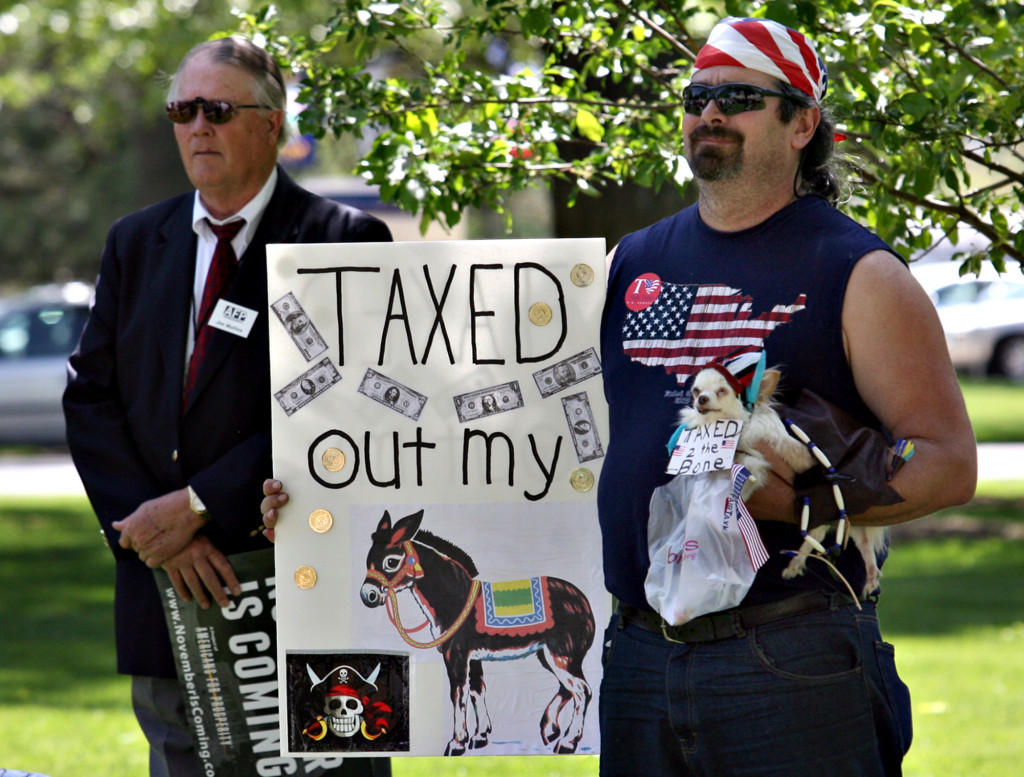The $500 Million ConVal Question Back Before Supreme Court

The New Hampshire Supreme Court could soon decide whether judges, or elected officials, should determine how much the state kicks in for local schools. If it decides the power belongs with the courts, the result could be a more than $500 million increase in state taxpayers’ share of funding for education.
Justices heard oral arguments Tuesday in the ConVal education funding appeal as New Hampshire Solicitor General Anthony Galdieri argued Superior Court Judge David Ruoff’s decision is unconstitutional.
Ruoff ruled in 2021 the real cost of the constitutionally mandated adequate education is at least $7,300 per pupil, while Galdieri and the state say it’s $3,900. Galdieri said Tuesday that Ruoff erred by including line items like school buses, building maintenance, and facility costs into his calculation. The legislature only funds direct costs, such as teacher salaries and learning materials, through the education adequacy grant system.
“The (Supreme Court) already decided the legislature only has to pay for what’s been defined,” Galdieri said.
But Michael Tierney, ConVal’s attorney, said the legislature’s funding definitions exclude costs like heating oil, cleaning supplies, and even positions like principals and superintendents from the formula.
“The state’s funding is woefully inadequate and unconstitutional,” Tierney said.
Galdioeri also objects to Ruoff overstepping the legislature by setting a number at all, arguing that violates the separation of powers. Tierney counters judges set damage amounts in court cases all the time.
In addition, Ruoff’s number crunching didn’t come out of the blue. He was ordered to come up with a number by the Supreme Court.
The Peterborough-based Contoocook Valley Regional School District filed its lawsuit in 2018, and was soon joined by dozens of other school districts, saying the state’s then $3,600 per pupil was well below the real cost of an education. The districts wanted at least $10,000 per pupil.
The state has since increased the per pupil amount up to $4,100
The Supreme Court ruled in the 1990s Claremont decisions that all New Hampshire children have a right to an adequate education and that the state must fund it. Galdieri said the base adequacy grants system is not constitutionally mandated, but simply the way the legislature decided to meet the constitutional obligation to fund an adequate education.
But the legislature’s solution focused solely on funding basics like teachers and materials, leaving individual communities to pay for the buildings, school busses, maintenance, and other school costs on their own.
While the parties dispute where the funding should come from, there is no debate over the fact that New Hampshire taxpayers spend more for K-12 education than nearly every other state. Average per pupil spending in the Granite State has passed the $20,000 mark, and no district spends less than Ruoff’s $7,300 per pupil minimum.
Ruoff originally ruled in favor of the districts, but he did not set a number saying that is the job of the legislature. The state appealed that decision and the Supreme Court sent the case back to Ruoff, this time telling him to hold evidentiary hearings and come up with the real cost.
Ruoff’s order has been stayed pending the outcome of the current appeal. If it were to go into effect it would suddenly require an additional $500 million in taxpayer money for education. Progressives have argued this spending would require that the state would have to give up its vaunted “New Hampshire Advantage” and embrace either a broad-based income or sales tax.
But Republican leaders like incoming Gov. Kelly Ayotte and new state Senate President Sharon Carson say tax hikes are not on the table. Carson was asked by WMUR if the courts should decide how much is “adequate,” she replied, “absolutely not.”
“That’s not their job. That’s our job. That’s the legislature’s job. The responsibility has been given to the legislature by the people of the state, not to the courts,” Carson said.













